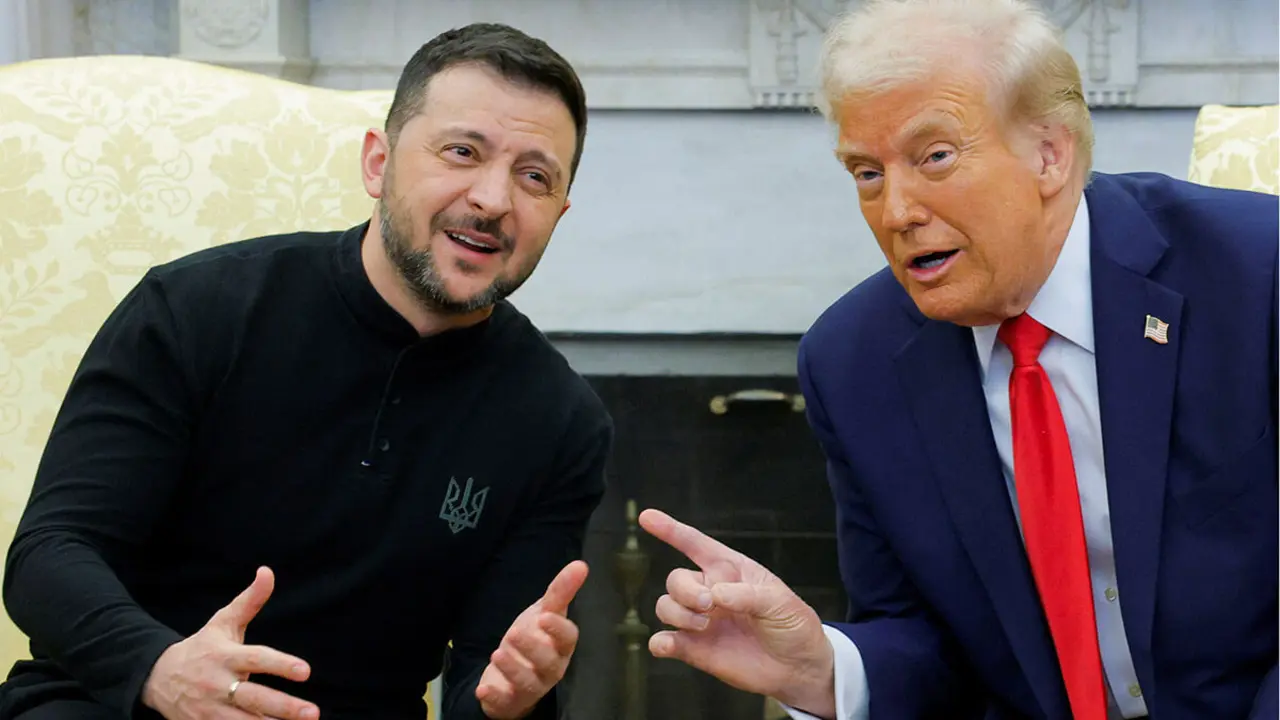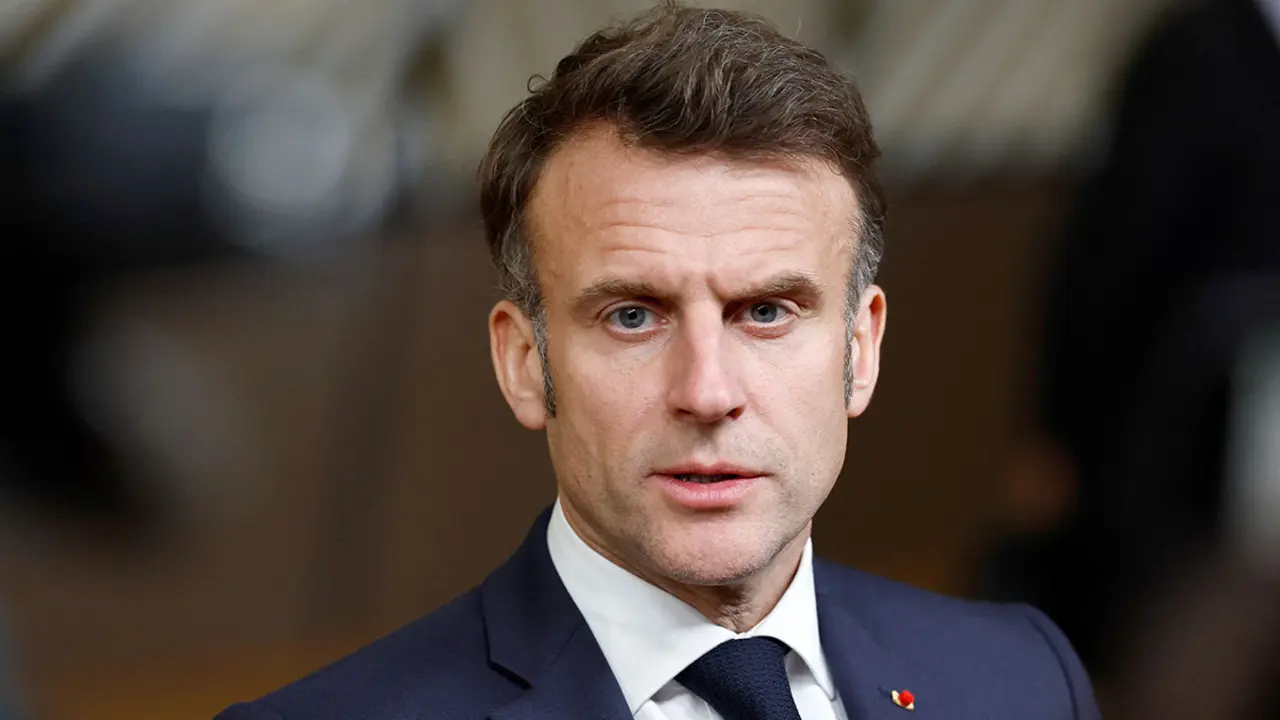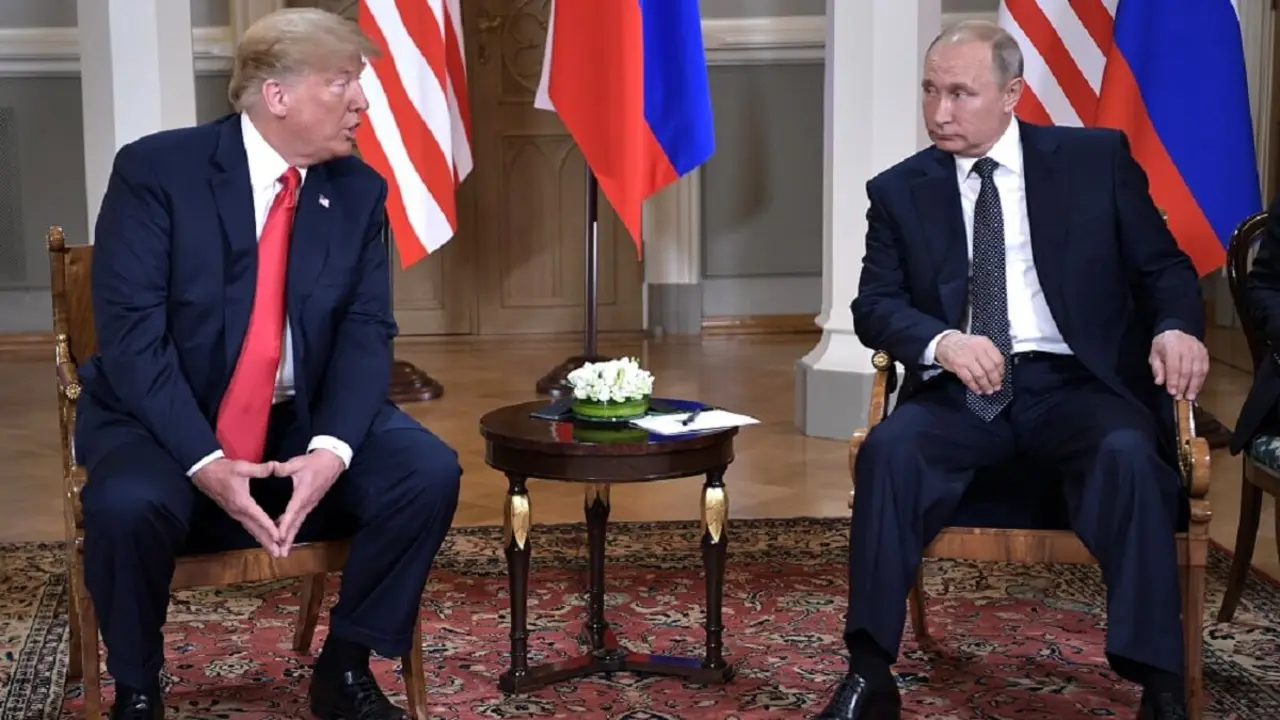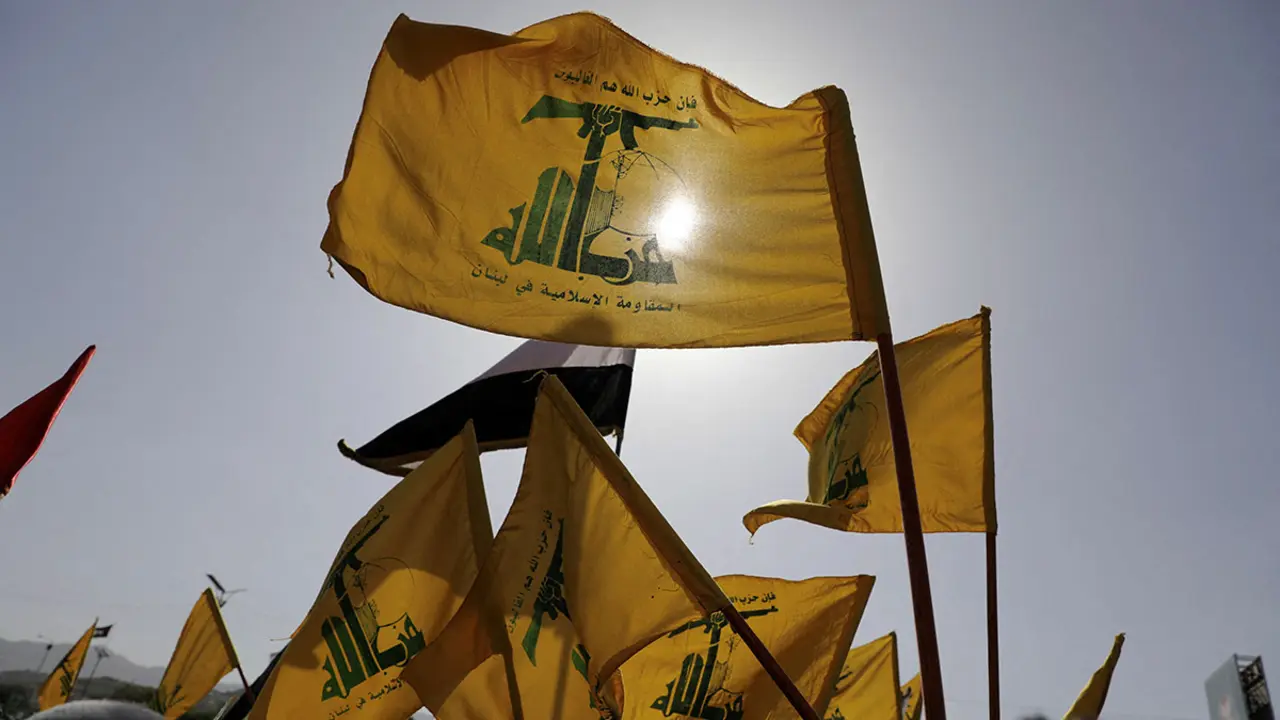Biden and Saudi king assess the state of global energy supply

US President Joe Biden held a telephone conversation on Wednesday with Saudi Arabia's King Salman bin Adbelaziz al-Saud. The discussion focused on the analysis of the current global energy supply situation, taking into account the context of rising oil prices, the crisis between Russia and Ukraine and developments in the Middle East, especially in Iran and Yemen.
"The leaders pledged to ensure the stability of global energy supplies," the White House said in a statement. For his part, King Salman, head of the largest crude exporter in the Organisation of Petroleum Exporting Countries (OPEC) oil production group, spoke about maintaining balance and stability in oil markets, the Saudi state news agency SPA reported.

Alongside this, the Saudi king has insisted on the need to maintain the supply agreement with its allies, including Russia, referring to the group known as OPEC+, something the United States is wary of. Its president, Joe Biden, has acknowledged that he is in contact with major world natural gas producers, referring to the alternative that the European Union could opt for in order to reduce dependence on Russian supplies of this energy source. This comes at a time when European countries fear that a possible Russian invasion of Ukraine could lead to energy supply problems.
These tensions between Ukraine and Russia, the world's second largest energy producer with some 10 million barrels per day, together with the West's threat of strong sanctions against the Kremlin in the event of an invasion, have contributed to the rise in energy prices.
In this context, US Secretary of State Antony Blinken said this week that the administration has been coordinating with allies, even discussing "the best way to share energy reserves in the event that Russia turns off the tap or initiates a conflict that disrupts the flow of gas through Ukraine".

This is why the US has been pressuring OPEC+ in recent months to increase its production in order to lower oil prices, which are at their highest levels since 2014. However, Washington's calls for increased production have not helped the organisation and its allies to agree to maintain their schedule with an increase of only 400,000 barrels per day for March. This move was agreed by OPEC+ last week, agreeing to stick to moderate increases in its oil production, wary of responding to US calls about limiting its ability to get more crude and thus limiting price rises.
Despite Washington's goal of helping the European Union and its energy supply, high oil prices are also a risk for the Biden administration ahead of the US Senate elections it faces in November.

In addition to the global energy supply talks, Biden also expressed US support for Saudi Arabia over the Houthi attacks and showed his "full support for UN-led efforts to end the war in Yemen". The eight-year war has left one of the largest humanitarian disasters in Yemen, where, according to UN figures, more than 80 % of the population is in need of some form of assistance.
In his condolences, Biden also referred to Iran's role in the war as being aligned with Yemen's Houthi group. The White House briefed Salman on international talks to "restore restrictions on Iran's nuclear programme".
Americas Coordinator: José Antonio Sierra








